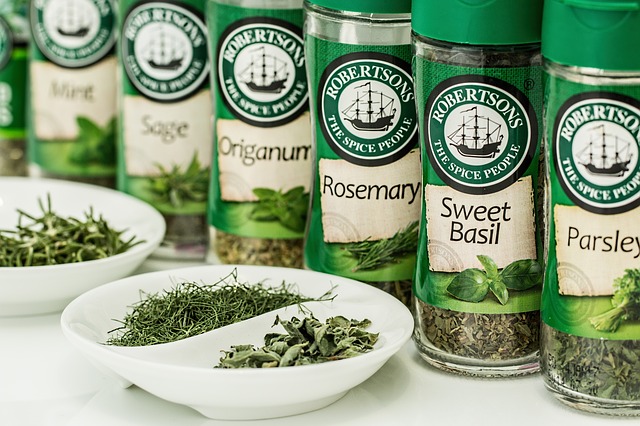 All writers, including those in PR and corporate communications, struggle with the same question: Where does flavor end and fluff begin?
All writers, including those in PR and corporate communications, struggle with the same question: Where does flavor end and fluff begin?
It’s a tricky one. Most experienced writers and public speakers denounce fluffy writing, but only a small number dedicate time to explain how to recognize and remove fluff.
However, there are some clear rules to do this. Here they are:
Stimulate Senses
The difference between flavorful and fluffy writing is the same as the one between showing and telling.
Flavorful writing teleports your readers into your world. It makes them see things as you do. This you can achieve by using words that pop off the page and awake the senses with words that mean something — that specifically describe something.
With fluffy writing, you don’t have this – it’s just bland words that look good on paper, that tell, rather than show.
Avoid Adverbs
Adverbs are the enemy of every writer. You can notice an amateur just by the number of adverbs they use.
When you use adverbs you signal that your verb is not strong enough and you don’t believe in the quality of your writing enough to convince the reader of your point.
This is the worst kind of fluff.
You can notice it – and eliminate it immediately – by its signature: ly at the end of the word.
Avoid Clichés
Clichés are another enemy of good writers. But these are much harder to find and eliminate. They are so embedded in our brains that they don’t jump out – they are regular phrases.
When clichés were first created, they evoked vivid images in our brains. After years and years of overuse, they don’t do that anymore. Instead of relying on clichés, try to think of better ways to make your words sizzle.
“These clichés – by which I mean every phrase that has been exhausted and adds nothing to the conversation – should be eliminated. If you can think of a phrase in five seconds, write it down and avoid it at all costs,” says Alberta Mccarthy, a PR professional at BigAssignments. Yes, “at all costs” unfortunately is a cliché. And unfortunately is an adverb – but sometimes they just come out and work. Nonetheless, avoid whenever possible.
Proofread and Edit
Fluff is not the only thing undermining the impression you make. Grammar and spelling mistakes are doing that too. No matter how good and flavorful your writing is, a grammar mistake or a misspelled word will pull your reader out of your story and distract them from reading further.
Writers can use these tools to fix those mistakes, remove fluff, and improve their writing:
- StateOfWriting & WritingPopulist: Visit these sites for articles on writing trends and tips. As mentioned, bad grammar is your enemy. Even if you can’t notice it right away, you should always check with trusted resources like these.
- ViaWriting & SimpleGrad: Every type of writing has its own nuances and rules. You can consult these resources for writing-related questions.
- The Hemingway App and Grammarix: These are online writing and editing tools that find spelling and grammar mistakes, verbose wording, other shortcomings.
Use Simple but Powerful Language
Similar to clichés are complicated, thesaurus words. These are only a distraction and do nothing to improve your writing. If you really want to impress your readers, write like you would speak. If there is technical jargon, replace it with simple words. Write in a way that would make it easy for your friends or parents to understand you.
However, make sure you use powerful words – and never use two words where one would do.
Be Specific
Using words like very, a lot, thing, always, never, something and so on is vague and considered fluff.
For instance, when saying “Our company donates to charity a lot/often/always” you are not giving any specific information to your audience and they won’t be impressed. However, saying “Our company donates (amount of money) to children’s hospitals twice a year and invests in improving education for girls in third-world countries on a monthly basis.” actually impresses your readers and gives them straightforward information.
Writing well isn’t simple. Many traps await and you need strict editing to make sure your writing provides quality and value to your readers. These are just some of the rules that you should consider when writing.
Grace Carter is a lead writer and manager at Boomessays and UK Writings writing services. She curates a team of writers and teaches newcomers. Grace also creates writing courses at Esayroo.com.





Hemingway doesn’t understand how search engines interpret my articles. Don’t get me wrong, I still use Hemingway every so often to help ensure that the mechanics of my writing are on point, but I’ve been relying on INK’s Content Relevancy Score more and more .